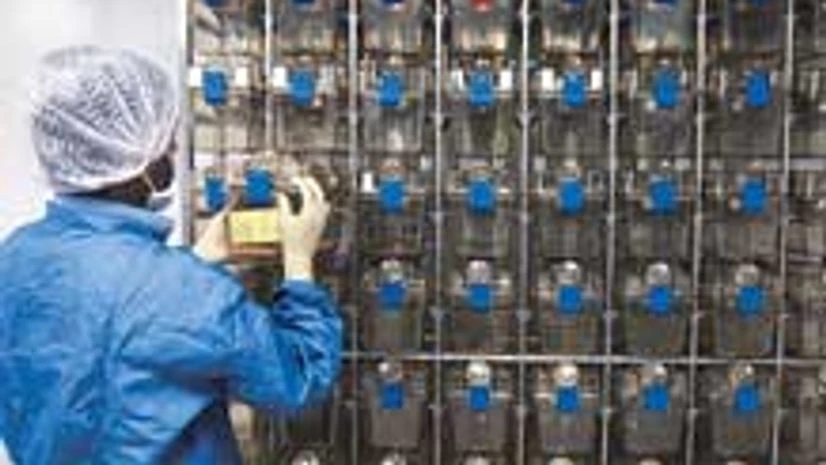“Till date, there was no availability of systematic gene resource which could be leveraged for drug discovery, personalised medicine and diagnostic practices in India,” said Sreevatsa G Natarajan, co-founder and CEO, Sapien Biosciences, here on Monday.
Natarajan said data on patient’s response to diagnosis (like disease progression) would help pharma companies employ in their R&D to develop cost-effective drugs and at quick dispensation.
Absence of such a localised gene resource is making drug firms to depend on foreign sources to develop drugs, which are sometimes not effective in local treatment.
Globally, only 150 tissue-banks are in place, some operated by national governments and others by hospitals for commercial and non-commercial purposes. In India, medical institutions like the All India Institute of Medical Sciences, Tata Institute of Fundamental Research and the National Institution of Mental Health and Neurosciences have small and selective gene bank facilities for their internal research.
From a patient’s standpoint, the gene data would help in rationalising the medical costs during the disease diagnosis. “The optimisation of treatment (Theranostics) would result in selective administration of drugs to patients depending on the genetic pre-disposition to certain diseases (Prognostics),” said Jugnu Jain, co-founder and chief scientific officer, Sapien Biosciences.
Speaking to the media, Shobana Kamineni, executive director, AHEL, said gene data would be initiated and reposited with the prior consent of the patients, and added the data would be anonymous and wouldn't be traded.
According to Kamineni, in the next 2-3 years, Sapien would work in providing personalised medicine service and would later leverage the research and development services to pharma companies.
AHEL, which has 70 per cent interest in Sapiens, had infused $3-4 million (Rs 25 crore at current exchange terms) in it.

)
